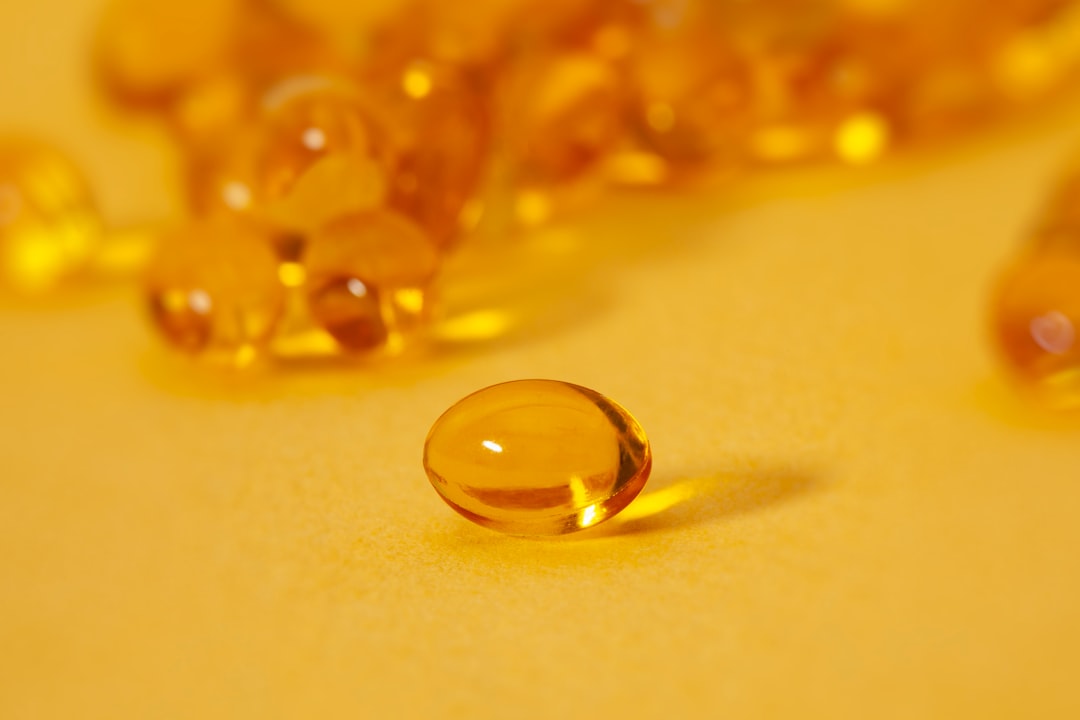Nutrition Q: do I have to take a vitamin D supplement?
A: in short, it is often quite helpful to take a vitamin D supplement, and this is coming from a very much team “food first” dietitian. Vitamin D, which helps the body absorb calcium and promotes bone strength and growth, is often an exception because it’s only in a select number of foods and can be difficult for the body to produce enough from the sun …



